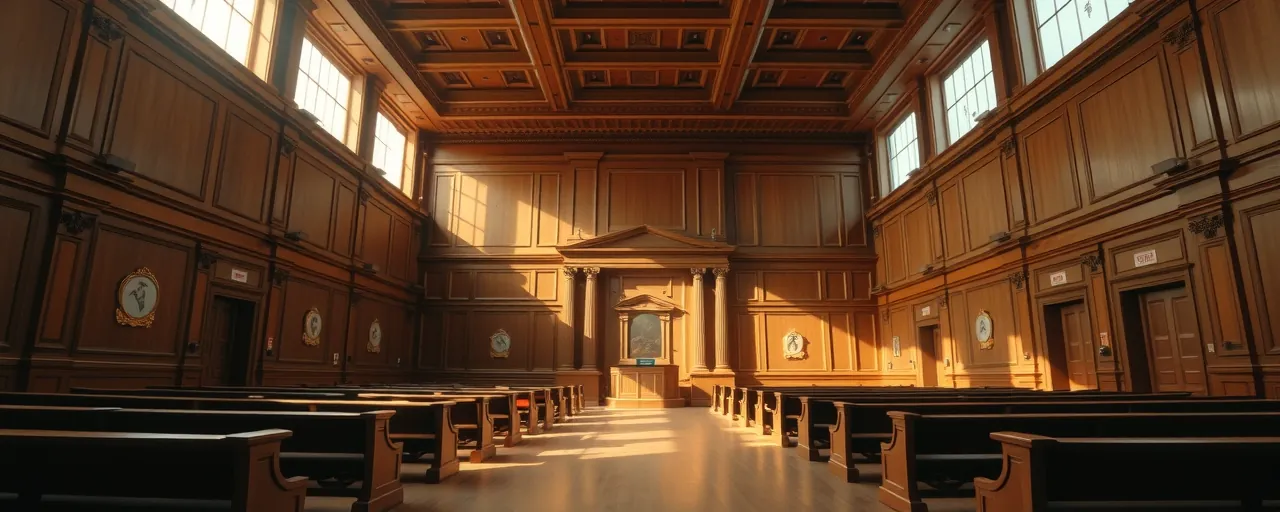A Transformative Moment for California’s Courts
California’s judiciary is on the cusp of profound change. On May 7, 2025, Governor Gavin Newsom unveiled a slate of judicial nominations that radiate ambition and hope. By elevating Helen Zukin to Presiding Justice of the Second District Court of Appeal, Division Four, and nominating Mark Hanasono and Armen Tamzarian as Associate Justices, Newsom signals a commitment to a bench that mirrors the state’s diversity. His appointment of 12 superior court judges across counties like Fresno, Los Angeles, and San Diego further cements this vision.
These choices carry weight. Zukin, with her extensive legal career, brings seasoned leadership. Hanasono, a former public defender, and Tamzarian, an appellate expert, offer perspectives shaped by service to the underserved. Courts shape lives—ruling on evictions, family disputes, and civil rights. Judges who understand these realities deliver justice that feels human, not distant.
Nationally, the judiciary faces pressure to align with rigid ideologies. Newsom’s approach stands apart, prioritizing people over politics. His selections spark a question: what does justice look like when it reflects the communities it serves?
Diversity Fuels Fairness
Newsom’s appointments weave diversity into the fabric of California’s courts. Since 2019, he has named 576 judges, with over half women and a majority from racial or ethnic minority backgrounds. Consider Brenda Robinson, now a Los Angeles Superior Court judge. Her work at the Children’s Law Center, advocating for at-risk youth, equips her to rule with empathy. Teresa Martinez, appointed in Santa Barbara, draws on her experience with California Rural Legal Assistance to address the needs of low-income families.
This push for inclusion builds on decades of progress. By 2024, 20% of state high-court seats nationwide were held by people of color, a leap from the mid-20th century when the bench was nearly all white and male. In California, women now comprise 43.3% of judges, up from 27.1% in 2006. These shifts matter because diverse judges bring varied lenses, reducing bias and building public trust.
When a judge like Michael Mooney, a former public defender now serving in Orange County, presides, he grasps the challenges faced by defendants without elite legal resources. Such perspectives ensure justice serves everyone, not just the privileged.
Rejecting Ideological Overreach
Elsewhere, a different vision for the judiciary takes hold. Some national and state leaders advocate for judges who prioritize strict ideological frameworks, often favoring originalist interpretations that can undermine reproductive rights or voting protections. In states like Iowa and Montana, efforts to control nominating commissions tilt the bench toward partisan loyalty, risking judicial independence.
This trend threatens to transform courts into arenas for political agendas. Newsom’s nominees offer a counterpoint. Judges like Jihan Maloney, a former San Diego prosecutor now on the superior court, or Martin Tejeda, a Sacramento public defender, bring balanced expertise, not rigid dogmas. Their records reflect service, not allegiance to any faction.
Vacancies exacerbate the stakes. Unfilled judgeships delay justice, clogging dockets and stalling cases from child support to constitutional claims. In New Jersey, two appellate retirements disrupt thousands of appeals. Newsom’s prompt appointments keep California’s courts moving, ensuring timely access to justice.
Building a Legacy of Empathy
Newsom’s judicial selections blend compassion with unparalleled skill. His nominees boast careers dedicated to public service. Hoa Hoang, appointed to Los Angeles Superior Court, honed her craft as an appellate attorney, mastering complex legal challenges. Syna Dennis, another Los Angeles appointee, leveraged her role as deputy county counsel to address community needs, from safety to welfare.
These judges will influence California for generations, shaping policies on housing, criminal justice, and protections for vulnerable groups. By elevating public defenders and civil rights advocates, Newsom ensures the bench upholds equity and accountability.
A judiciary rooted in empathy transforms lives. It hears communities, protects the marginalized, and delivers rulings that prioritize fairness. This is the heart of Newsom’s vision—a bench that serves the people.
A Call to Defend Justice
California’s courts are more than institutions—they are pillars of hope. Newsom’s nominations and appointments chart a path toward a judiciary that reflects the state’s diversity and values. While some seek to impose ideological conformity, Newsom champions inclusion and expertise.
The struggle for a fair judiciary continues. Retirements and vacancies will test resolve, but Newsom’s approach lights the way. His judges embody the promise of justice that listens and uplifts. Don’t we all deserve courts that fight for us?
Support these nominees. Demand a bench that reflects California’s heart. When justice flourishes, so does our future.
